systems
-
Systems & complexity
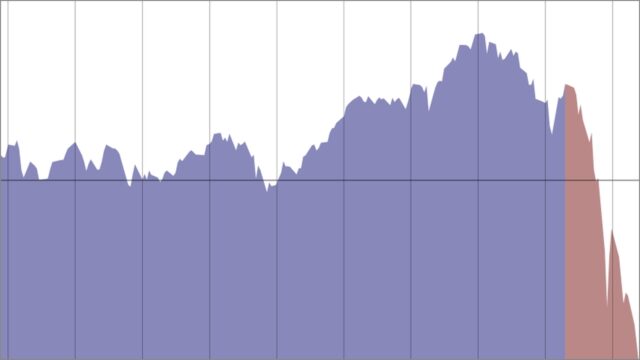
Crashes, blackouts and climate tipping points: how can we tell when a system is close to the edge?
New research predicts when noisy systems are approaching precarious “critical points” – and finds that some parts of the brain…
-
Systems & complexity
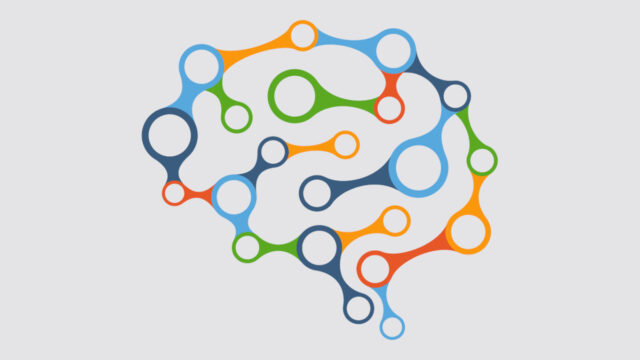
Competencies for systems thinking practitioners. Part 2: Skills and behaviours
A systems thinking practitioner should have these skills and behavioural attributes.
-
Systems & complexity

Competencies for systems thinking practitioners. Part 1: Overall expectations and knowledge
What systems thinking practitioners should be able to, and the five areas of knowledge they require.
-
Systems & complexity

How measuring impact gets in the way of real world change
Although the idea of measuring impact is seductive, almost all useful social change is achieved as part of a complex…
-
Systems & complexity
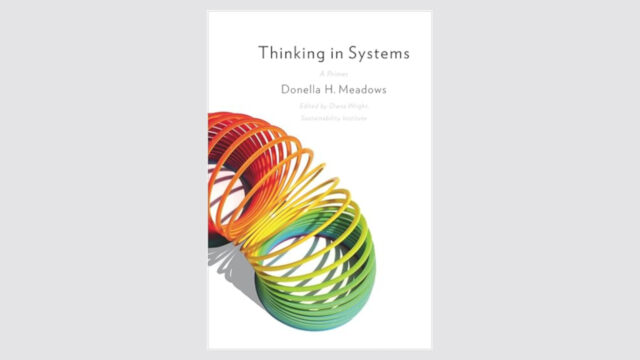
Key systems thinking lessons from Donella Meadows
The book “Thinking In Systems: A Primer” by Donella (Dana) Meadows (2008) offers a useful entry point into systems thinking…
-
Systems & complexity

From stock markets to brain scans, new research harmonises hundreds of scientific methods to understand complex systems
Properly orchestrated, the full ensemble of scientific methods demonstrated improved performance over any single method on its own.
-
Systems & complexity

Pragmatism and critical systems thinking: Back to the future of systems thinking
Pragmatism can help systems thinking realize its potential and systems thinking can help pragmatism achieve what it set out to…
-
Systems & complexity
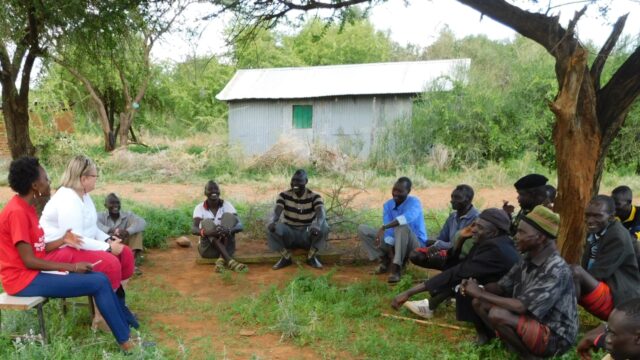
Inclusive Systemic Thinking for transformative change
Inclusive Systemic Thinking is an emerging approach that builds on the tradition of systems thinking for problem solving.
-
Systems & complexity
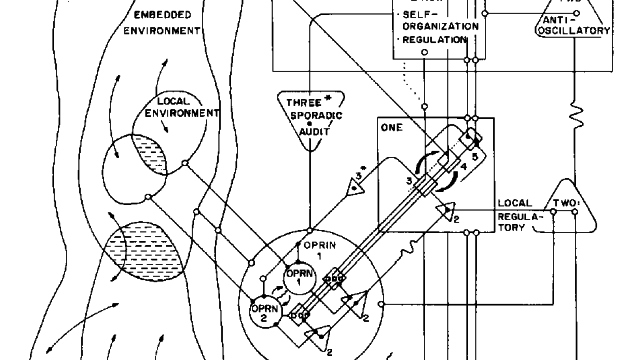
Viable System Model: A theory for designing more responsive organisations
How complex organisations can be more capable of responding to a changing and unpredictable environment.
-
Systems & complexity
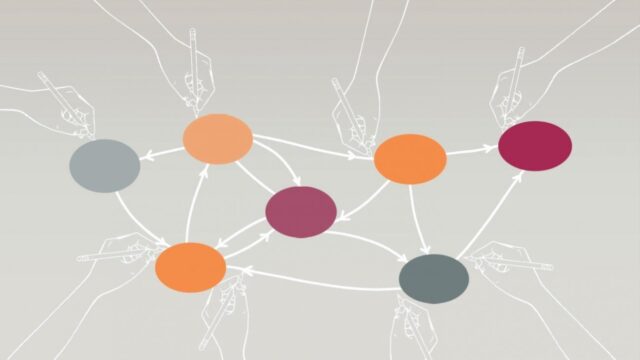
Seven methods for mapping systems
Effective approaches for developing causal maps of systems in participatory ways.

